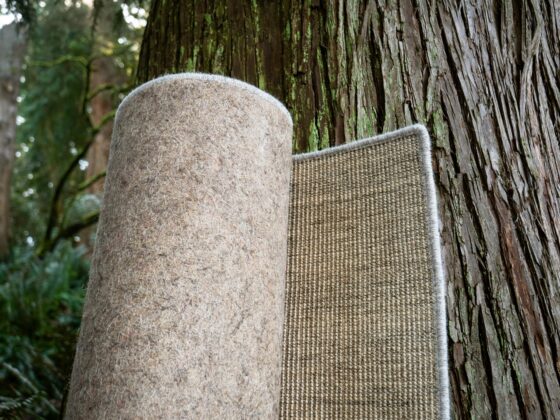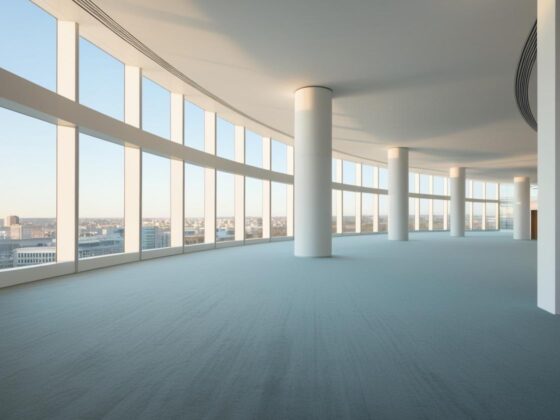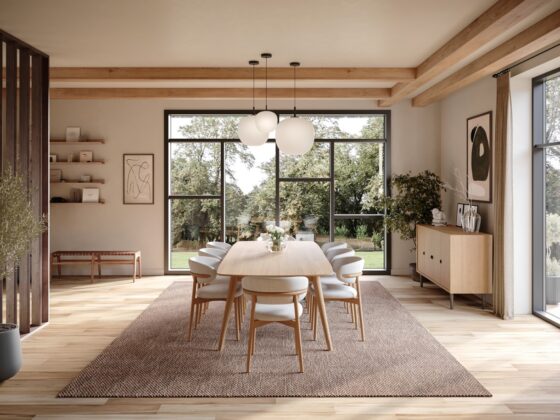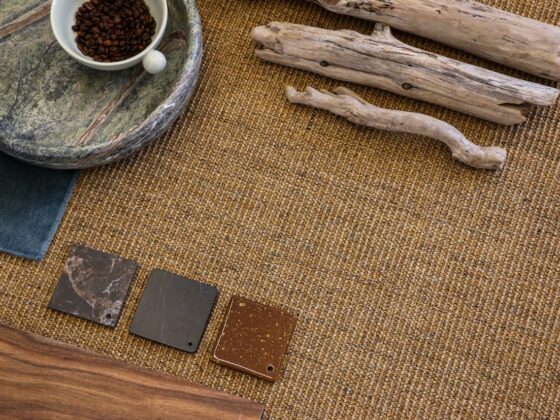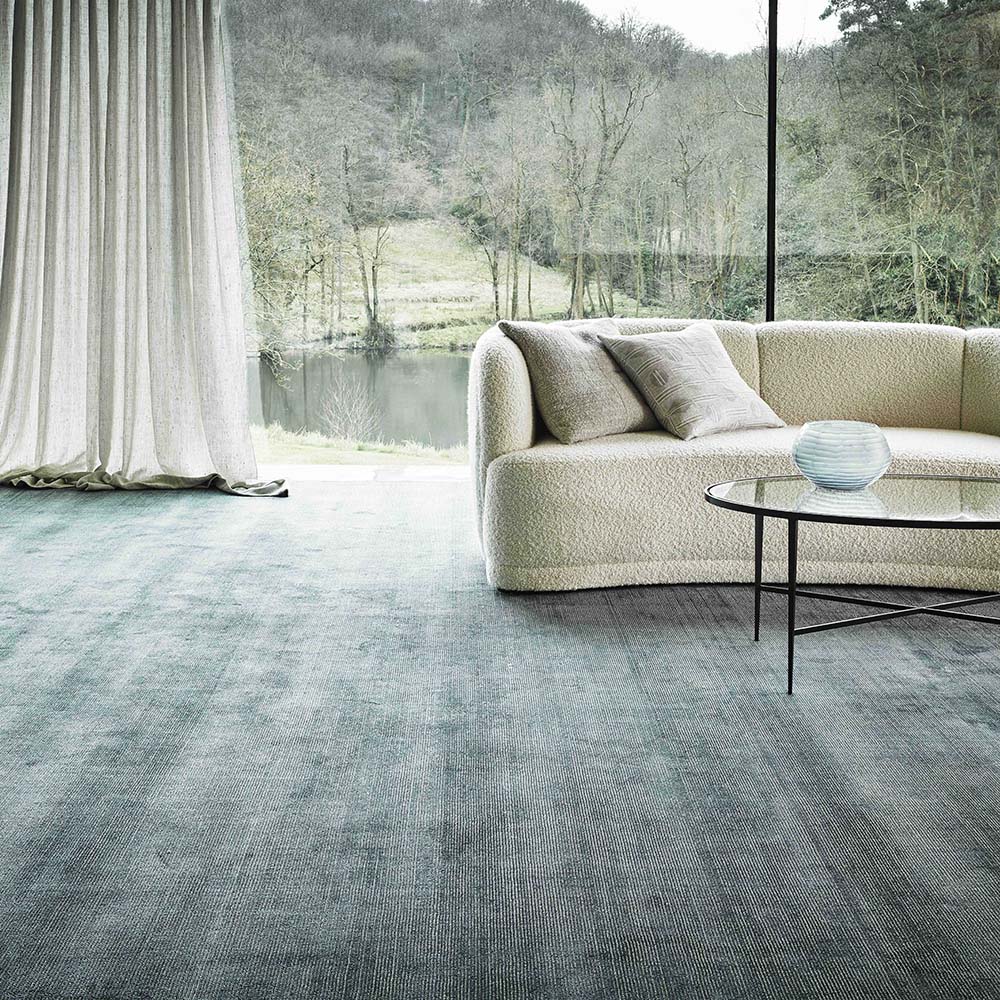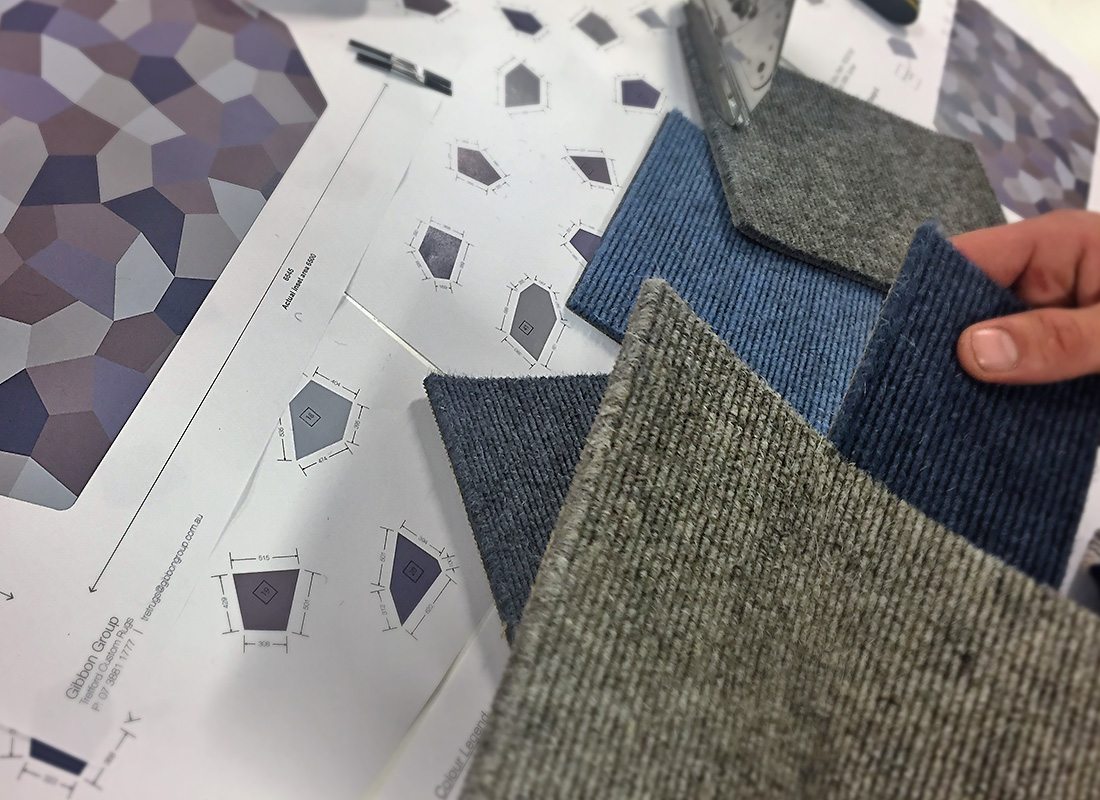Published August 2017 | Updated March 2024
FLOOR COVERINGS: GREEN STATEMENT
NATURAL FIBERS: The media is full of mixed messages about “green products”… We hear of many efforts that sound good, but most come with hidden environmental costs which are rarely discussed. Recycling is a good example. It takes barrels of petroleum to collect and sort post-consumer waste, not to mention the millions of kilowatts needed to recycle carpet back into carpet or to up-cycle plastic bottles into floor covering. So, why not choose a product that is natural from the start?
Among our floor coverings selections are weaves that are made from sisal, seagrass, mountain grass, coir and wool. All of which are renewable, sustainable and biodegradable. The growers we work with have been practicing their craft for centuries with respect for their land and their people. These crops sustain their culture and are part of an Eco-system that supports life and betters our future.
When it comes to the environment, the difference between natural and synthetic materials is vast. Synthetic fibers are man-made from plastic, and most plastic is made from oil. Even though there is a significant market for recycled plastics, most plastic material is not biodegradable and will remain in the landfill. Increased use of plant fibers and animal hairs, like seagrass, sisal, mountain grass, coir and wool can make a dramatic difference in reducing oil consumption. If you are looking for quality, durability and an environmentally friendly alternative to synthetic carpet and rugs, look to us for the best in natural fiber floor coverings.

SEAGRASS: NATURALLY RENEWABLE | STRONG | HIGH QUALITY | SOFT UNDERFOOT | ANTI-STATIC
Seagrass carpets from our workroom are made from the sedge family of plants, which grow in the low-lying areas of the Asia-Pacific region. The perennial grasses are harvested from paddy fields that are flooded with seawater during the growing cycle. When the grass is mature, the fields are drained and the plants are cut and bundled. Workers twist (or ply) the grass entirely by hand and send it to factories where it is wound on tubes, loaded on creels and woven into carpet. Seagrass, once thought to be an unusable fiber has been transformed by weavers into sought-after products such as baskets, place-mats, bowls and flooring. The yarn, which is strong, durable and non-porous, has a naturally smooth texture, subtle sheen and warm hue that make it a popular choice for use in carpets and rugs. No pesticides or chemical fertilizers are used in seagrass production, and most weeding is done by hand rather than through the use of herbicides.
SISAL: RENEWABLE | BIODEGRADABLE | SOUND ABSORBING | FLAME RESISTANT | ANTI-STATIC | INSULATING
We use superior grade sisal, grown on plantations in Tanzania, East Africa. This extremely strong fiber is obtained from the long, green leaves of the Agave plant. Each leaf contains and average of 1,000 fibers that are extracted, washed, sun dried, brushed, graded, and baled. The remaining plant is used to produce electricity, which supports Tanzania’s economy and helps energize rural areas. Sisal is used in many hard-wearing products, including twines, ropes, plaster reinforcements and dartboards. The same qualities of strength that make the fiber preferred in these products, make it ideal for floor covering. Aside from this durability sisal is remarkably versatile, enabling us to produce carpets in an exceptional range of colors. No pesticides or chemical fertilizers are used in sisal production, and most weeding is done by hand rather than through the use of herbicides.

JUTE / HEMP: STRONG FIBER | RENEWABLE | BIODEGRADABLE | INSULATING | MOLD, MILDEW & STAIN RESISTANT
The primary type of mountain grass cultivated for fiber is hemp. This durable, non-pours plant has a smooth texture and subtle sheen that helps repel liquids. The hemp that we use in our Everyday collection is sustainably harvested in the higher altitude slopes of the Pacific Rim. Once cut and dried, the fiber is separated from the core, while the outer skin of the stalk is retained, resulting in a stronger more resistant yarn. Hemp cultivation improves the condition of the grounds, making it an excellent crop to use in rotation. The long-lasting fiber is used to make paper, fabrics and rope in addition to beautiful floor coverings. We weave the warm, rich hues of natural hemp in a distinct array of texture and patterns.
COIR: SUSTAINABLE | BIODEGRADABLE | SOIL REPELLENT | HARD WEARING | MOLD & MILDEW RESISTANT
Coir fibers are found between the husk and the outer shell of a coconut. In Kerala, India where most Coir is harvested, fully grown coconuts are split on spikes to remove the nutritious layer of fruit. The remaining shells are soaked in fresh water rivers until the husks deteriorate, leaving the golden brown fiber, which is sun-dried and hand-spun into yarn. With care and attention, Coir fiber can be harvested for years from the same coconut tree. Highly prized for it’s strength and durability, Coir has long been a favorite for hard wearing rugs. The fiber, which has naturally elasticity, can be twisted without breaking and holds a curl as though permanently waved. These unique characteristics blend themselves to beautiful textures that look good in any style home.
WOOL & SPECIALTY FIBERS: RENEWABLE | BIODEGRADABLE | FLAME RETARDANT | LONG LASTING | SOIL RESISTANT
Wool, along with specialty fleeces like Alpaca and Mohair, are completely natural, renewable and biodegradable fibers. Noted for their luxurious feel exceptional strength, these carpet fibers make an excellent environmental choice. New Zealand sets the standard for carpet wool. The fleece from this eco-friendly country has a strong legacy of being the cleanest and whitest in the world. New Zealand farmers also raise their sheep with exceptional care, following strict animal welfare and land management techniques. Alpaca, which originated in South America, are the only fiber producing animals with 22 recognized natural colors. The cashmere-like fleece is known for it’s fineness, light weight and luster. These luxurious qualities are also inherent in Mohai fleece. The angora goats that produce this long, silky fleece are primarily farmed in the United States.
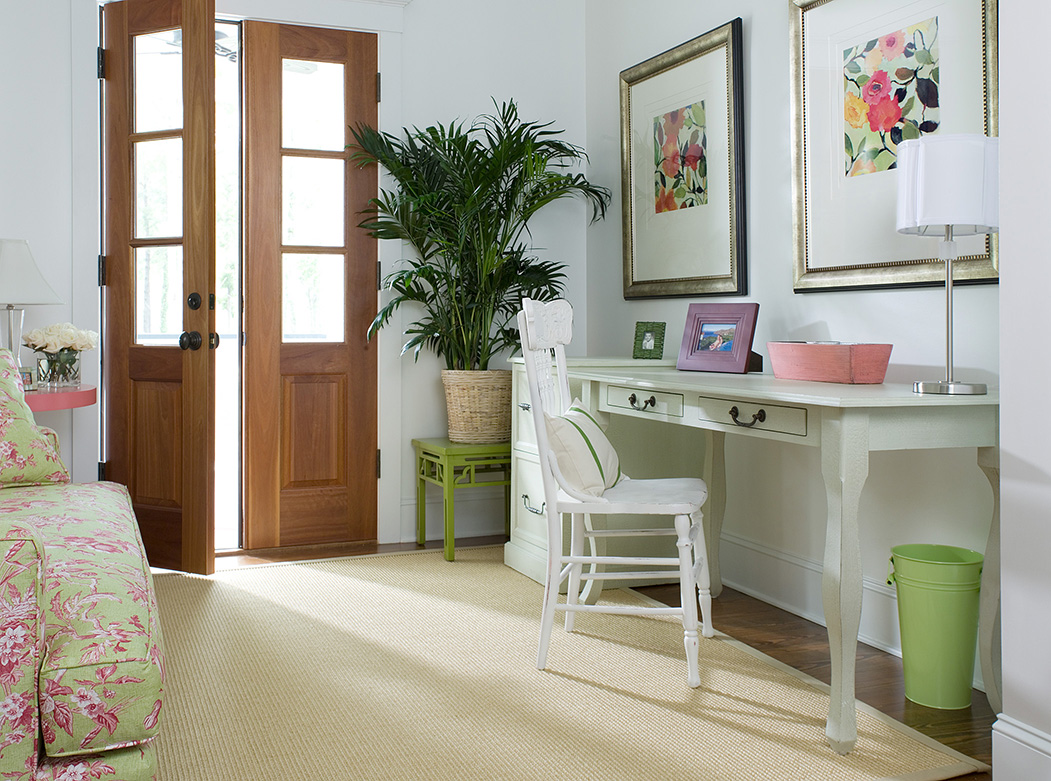
PREP WOOL: is committed to pollution prevention and environmental protection. We aim to achieve the highest standards of environmental performance in the interest of all our stakeholders: employees, suppliers, customers, and also the local society in which we operate and the global society from which we draw our raw materials and into which we sell our products.We are committed to complying with all environmental legislation and regulations that may apply to the industry and we will make every effort to comply with the requirements of our IntegratedPollution Control License Reg. No. 510. We will adhere to the principles of responsible care, and we strive for continuous improvement in its implementation. Raw materials are sourced from suppliers who share our commitment to environmental responsibility.We have prepared and implement an Environmental Management System to continuously ensurethat the products which we manufacture will not compromise nor damage the environment. Our Environmental Management System and Environmental Aspects Register are reviewedannually and environmental objectives and targets are set accordingly in order to promote continual improvement.
We will examine and evaluate the environmental implications of any processes and products and cleaner technologies will be investigated and utilized where possible. We will encourage and actively pursue waste avoidance, reduction, re-use and recycling in the activities of the company and throughout the life cycle of our products.
We will continuously examine, evaluate and review energy usage in our manufacturing process and implement an energy conservation program. We will ensure that adequate operational procedures and emergency plans are implemented and reviewed on an on-going basis. We will ensure that our employees receive adequate training in relation to our environmental policies and procedures, and we will review these training needs as may be required.
We are committed to continuous improvement of our Environmental Management System and we will ensure that it shall be integrated at all levels within our organization. We will strive to always improve.
So far we have well exceeded the requirements of current legislation and industry standards. Our production is energy efficient, we purchase the best possible raw materials from leading producers, our products do not contain hazardous substances and they can largely be recycled.
Any material that at present cannot be recycled is sent to energy recovery facilities that we have approved. To sum it up; we are in control of our processes and assume responsibility throughout the product cycle.
In our Green Statement, we are committed to using all natural, sustainable and renewable fibers, such as sisal, seagrass, jute, paper and wool. All of our sisal weaves use natural latex backing unless otherwise noted. We are mindful of the environmental impacts of our raw materials and manufacturing processes, and we do our best to minimize these impacts.
Teneille Tierce is a contributing writer for Curran and sisalcarpet.com.


